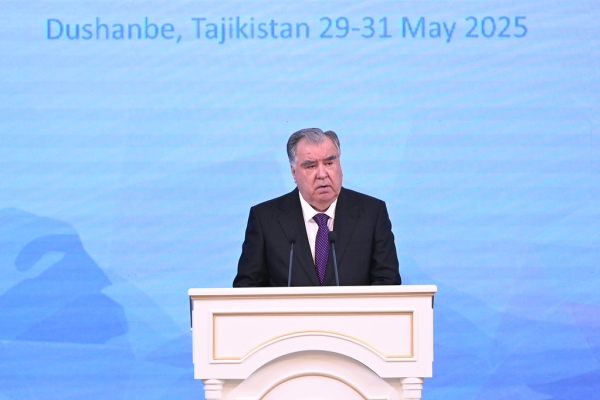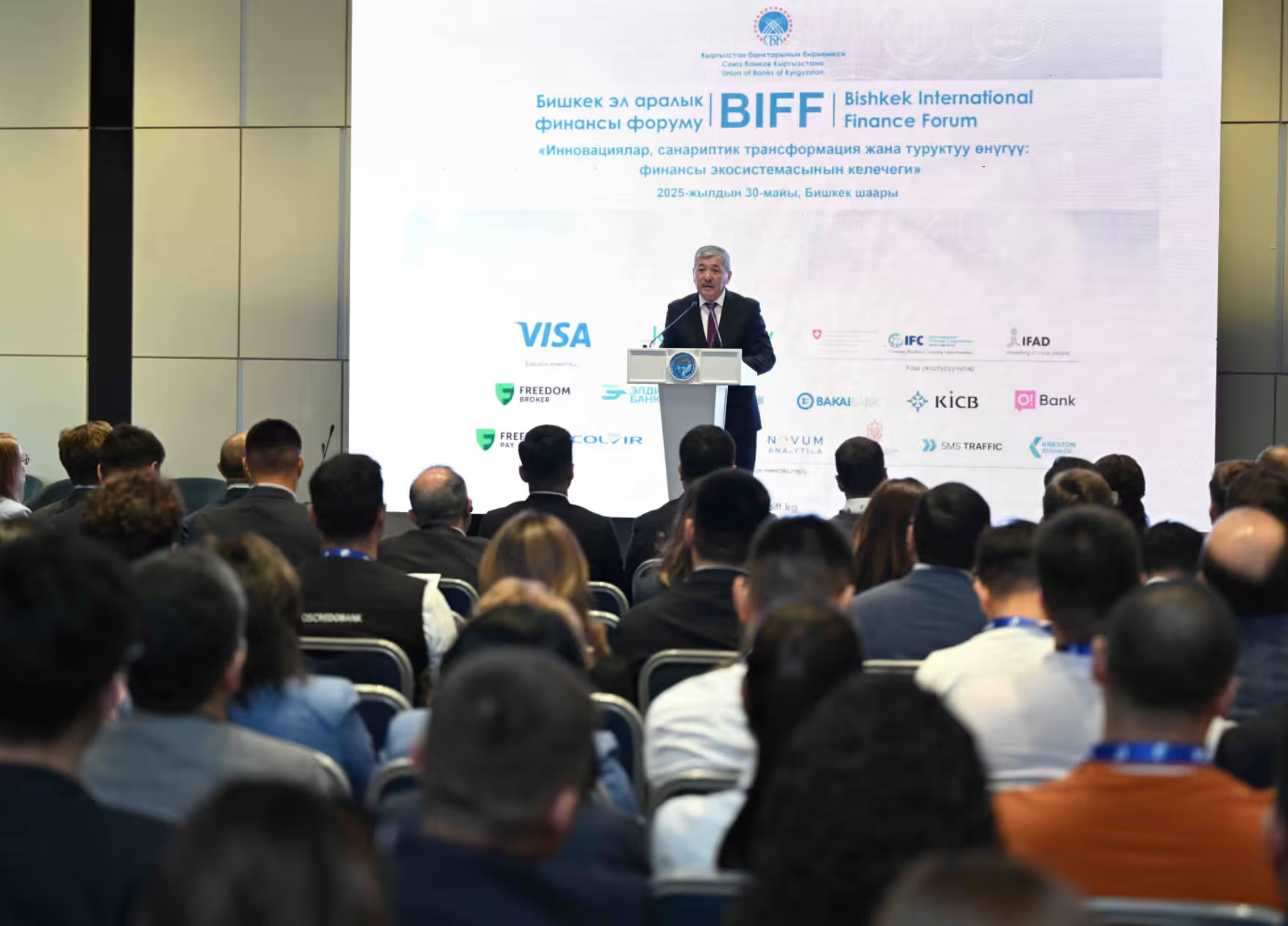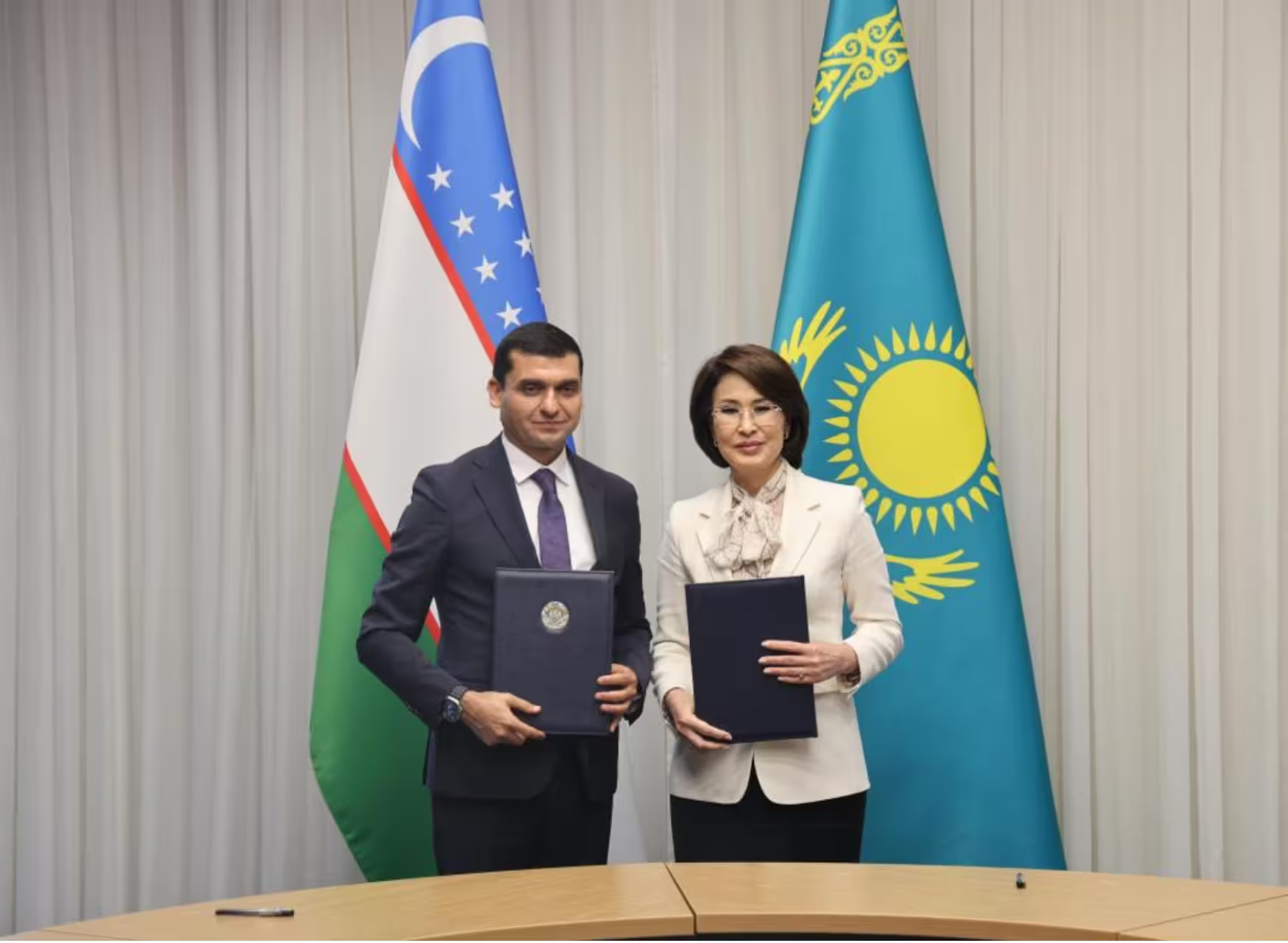
President Emomali Rahmon opened the First International Conference on Glaciers’ Preservation on May 30, emphasizing the urgent global crisis posed by the rapid melting of glaciers worldwide.
Highlighting the importance of the event as a step toward implementing the United Nations’ declaration of 2025 as the International Year of Glaciers’ Preservation, Rahmon called the accelerated glacier melt a “global crisis of our time.” He pointed out that glaciers have been shrinking at an unprecedented pace over recent decades, with 2023 marking the largest annual loss — approximately 600 gigatons of fresh water — contributing to rising global sea levels.
“Climate change has already caused the loss of about one-third of mountain glaciers worldwide,” Rahmon said. “This process is not only an environmental problem but also deeply affects human life, as glaciers are among the main sources of drinking water on our planet.” He stressed that glacier protection is essential for achieving numerous Sustainable Development Goals.
Rahmon warned that melting polar ice caps have triggered devastating flooding in coastal regions, displacing millions and shrinking land areas, fueling population migration. He added that rising greenhouse gas emissions threaten to exacerbate economic damage in vulnerable countries.
“If the global temperature rises by 2°C, another third of the world’s glaciers could disappear,” Rahmon said, urging global commitment to the Paris Agreement on Climate Change to limit temperature increases and mitigate impacts.
He described the consequences of rapid glacier melt as multifaceted — disrupting water supplies, threatening food security, reducing clean energy production, and increasing natural disasters such as floods, mudslides, and landslides, which particularly threaten mountainous regions like Tajikistan.
With 93 percent of its territory covered by mountains and home to Central Asia’s largest glaciers, Tajikistan is directly impacted by this crisis. Out of about 14,000 glaciers in the region, 1,300 have already completely melted, endangering natural heritage and millions of lives.
To combat the threat, Rahmon called for expanded international cooperation for comprehensive glacier monitoring and urgent protective measures. He highlighted the need for intellectual innovation, as well as financial and technical support.
Rahmon proposed organizing a comprehensive scientific expedition to study Tajikistan’s glaciers in partnership with development agencies and research institutions. He noted that most of Tajikistan’s glaciers, including the renowned Fedchenko Glacier, are located in the Pamir Mountains within a UNESCO World Heritage Site. The government has launched a special program to preserve this unique natural diversity.
“Tajikistan calls on the international community to take urgent and decisive measures to protect glaciers,” Rahmon urged, outlining seven immediate actions:
- Raise global awareness about glaciers’ critical role in drinking water supply and sustainable development.
- Strengthen international cooperation involving scientists, civil society, and stakeholders to tackle glacier melting and its broad consequences.
- Conduct extensive monitoring and scientific research to better understand glacier dynamics and impacts on ecosystems, water, climate, and socio-economic factors.
- Facilitate regular data exchange between countries with satellite capabilities and those without.
- Implement joint actions to address socio-economic effects such as water access, food security, energy production, and protection of natural and cultural heritage.
- Align glacier preservation efforts with climate change adaptation strategies, including early warning systems and disaster risk reduction.
- Mobilize financial and technical resources for glacier protection and contribute to the UN Trust Fund supporting these activities.
Rahmon also proposed developing a global strategy for glacier preservation under the United Nations framework, building on existing international agreements such as those on climate change, biodiversity, and desertification.
“Tajikistan will champion this initiative at the UN and calls on all nations to support it,” Rahmon concluded.




